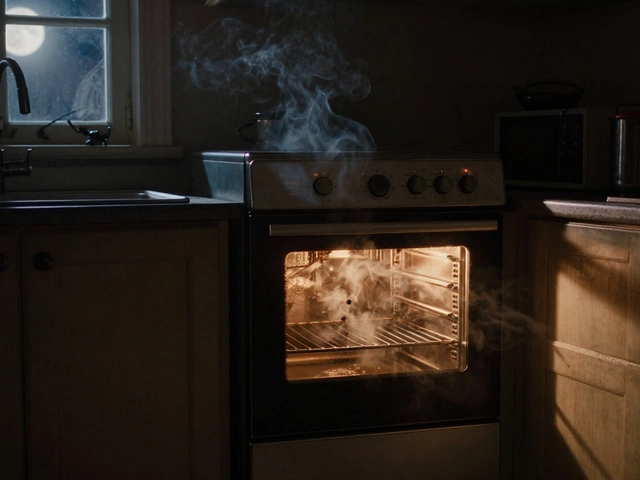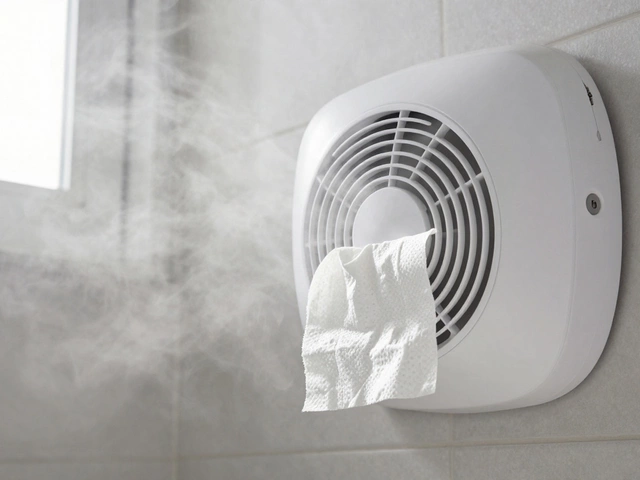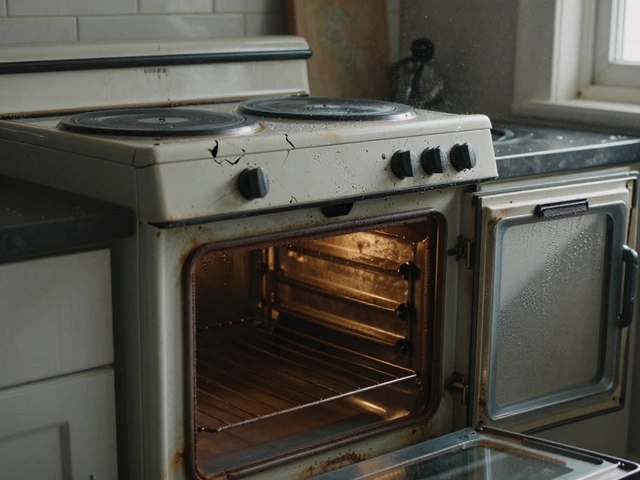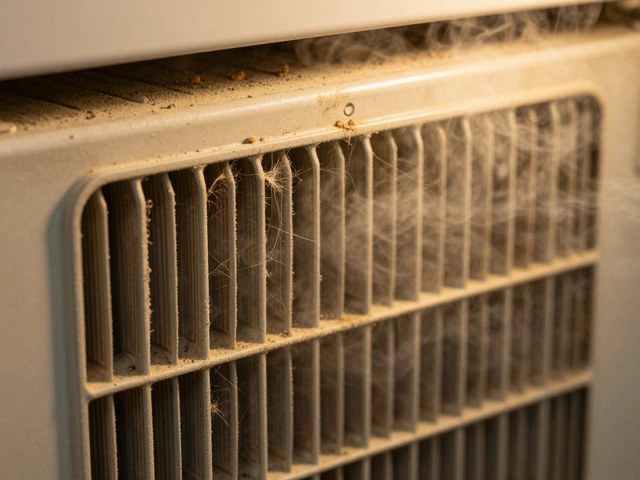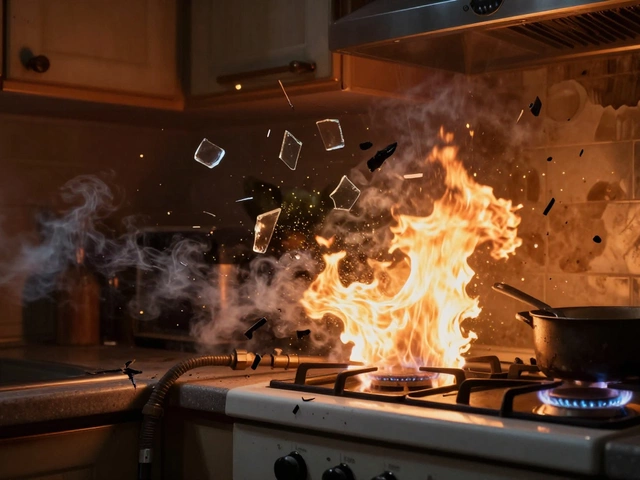Ever opened your fridge only to find it more sauna than storage? It's a bummer, especially when the milk's gone bad, and the veggies are sweating. Before you panic-buy a new fridge or call in the cavalry, it's good to know a little something about what might be going wrong, particularly with the compressor. That little hunk of metal at the back or bottom is super important.
First things first, what exactly does a compressor do? It's like the heart of the fridge, keeping your food fresh by circulating the refrigerant needed to control the temperature. If it's on the fritz, the rest of your fridge won't work properly either. You might notice the fridge isn't cooling like before, or maybe it's making weird noises like it's trying to talk to you from beyond the grave. These are pretty common flags that your compressor might be in trouble.
- Signs Your Compressor Is Failing
- Why the Compressor Matters
- DIY Troubleshooting
- When to Call a Professional
- Preventing Future Breakdowns
Signs Your Compressor Is Failing
So, you're suspicious that your fridge might be on its way out? Let's get into some signs that scream your fridge compressor failure. Don't worry—you don't need to be a repair wizard to spot these clues.
First off, take a listen. Weird noises coming from the fridge can be a red flag. If you hear constant humming, buzzing, or clicking sounds, it might be your compressor trying to send out an S.O.S. It's not a good sign when it sounds like your fridge has joined a rock band.
Another thing to watch out for is the temperature inside your fridge. If it's not cooling as it should, turning your once-crisp lettuce into a leafy sauna, the compressor could be to blame. Check if the food is spoiling faster than a meme on social media.
Also, have a feel of the compressor itself. Is it hot to the touch? It shouldn't feel like you're touching a mini-sun. This overheating is a sign of trouble, indicating that the compressor is working too hard and may need some attention.
Pay attention to any unexpected high electricity bills too. A failing compressor can make your fridge more power-hungry than your teenage kid at a buffet. If the electrical consumption spikes, it might be time to give your compressor a double-take.
- Weird noises, like humming or clicking
- Poor cooling performance
- Hot compressor surface
- Surprisingly high electricity bills
If all this sounds way too familiar, it's time to think about some fridge repair tips or calling in the pros. But hey, at least now you know what's up the next time your fridge starts acting like it's in charge.
Why the Compressor Matters
The fridge compressor might not be something you think about daily, but it's the unsung hero keeping your groceries in tip-top shape. Here's the scoop: your fridge compressor plays the star role in the cooling process. It pumps the refrigerant, a liquid that circulates through the fridge, absorbing heat and releasing it outside. So, if it's not working well, you're stuck with warm milk and soft ice cream. Not fun, right?
Think of the compressor as the fridge's muscle. It compresses the refrigerant and pushes it through the system. When that muscle gets tired or breaks, the whole body (or fridge) suffers. This is why keeping an eye on compressor health is crucial. A failing compressor can lead to huge energy bills, considering how hard it's trying to keep things cool without much success. Plus, if you're an eco-warrior at heart, knowing that a struggling compressor can shoot up electricity consumption might trigger your green alarm.
Aside from fridge funkiness, a potential sign of compressor issues is noise — constant humming or clanking can indicate it's fighting a losing battle. You might also notice the fridge heating up on the outside or that it's clicking on and off more often. These signs all point to the same culprit.
To break it down, the compressor is like the quarterback of your appliance; without it, you're not scoring any touchdowns. Keeping it healthy ensures your fridge is efficient and helps avoid those late-night runs to the convenience store for new groceries because yours spoiled.
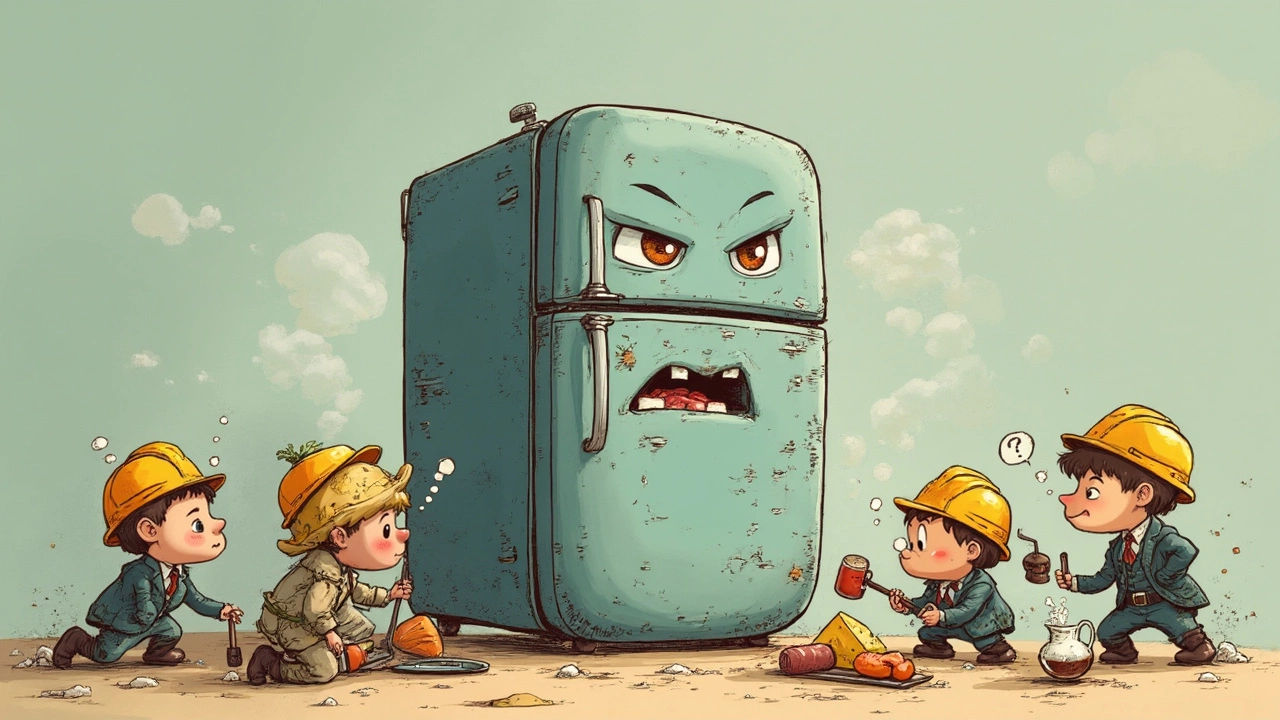
DIY Troubleshooting
So, you're ready to play detective with your fridge's compressor? Awesome. First off, remember that safety comes first—always unplug your appliance before poking around. Trust me, you don’t want to end up being friends with extra-voltage shocks.
Let's get into the nitty-gritty. Here’s a step-by-step guide to check if your fridge compressor failure is what's causing all the drama:
- Check the Thermostat: It sounds basic, but sometimes the thermostat gets bumped. Make sure it's set to your desired temperature.
- Listen for Strange Noises: A good compressor should hum quietly. If it's rattling or clunking, there might be a bigger issue.
- Inspect the Condenser Coils: These need some TLC every now and then. Dust and grime can build up and interfere with cooling. Give them a gentle vacuum or brush.
- Feel for Heat: Put your hand near the back side of your fridge. If the compressor is really hot, it’s struggling, and that's a red flag.
- Check the Overload Relay: If this little part has gone bad, it can make the compressor short cycle or not run at all. Replacement might be necessary.
If you're still in doubt after these checks, there's a simple test using a multimeter. Don't worry; it's not as intimidating as it sounds. With the fridge off and unplugged, remove the compressor’s start relay. Use the multimeter to check for continuity; if it's not there, the compressor might be dead.
Got a green light on most of these tests and still having issues? It might be time to call a pro. But knowing these basics can save you from unnecessary service fees and give you some peace of mind. No one wants to open their fridge to an aroma that rivals spoiled eggs. Keep your detective hat on and your food fresh!
When to Call a Professional
You’ve wiggled wires, listened to every hum and hiss, but things are still out of whack. So, when do you throw in the towel and call in a pro? Well, if your fridge compressor failure isn't screaming 'fix me’ with appearances or sounds, you might need a technician's wizardry.
Here's the deal: not every issue means the compressor is fried. Sometimes, what's needed is beyond typical DIY fixes. If your fridge stays warm despite your best efforts, or the motor won't shut off and you've got a growing electricity bill to match, it's professional time. Also, if you're hearing constant clicking, rattling, or excessive buzzing, these might hint at deeper electrical or mechanical issues that need expert eyes.
Attempting complicated repairs without the right knowledge can sometimes turn a fixable problem into a costly venture. Experts have the tools and know-footwork, plus they know how to handle refrigerants safely. Refrigerants are crucial to keeping things chill, but they're not something you want to mess with—legally and for your health's sake.
If you're worried about the expense, here's something cool: many professionals offer a diagnostic service, which means they check things out first and provide a quote before diving into repairs. This can save you from shelling out for parts you don't need or worse—replacing a fridge that only needed a bit of TLC.

Preventing Future Breakdowns
Keeping your fridge in tip-top shape doesn't just save you from surprise dinner disasters but also extends its lifespan. Nobody wants their refrigerator turning into a noisy, leaky headache. Here are some practical tips to stave off pesky fridge repair issues.
First up, give your fridge some breathing room. Make sure it's adequately ventilated by placing it away from the wall, allowing a few inches for proper air circulation. This ensures the compressor doesn’t overwork itself trying to keep things cool.
A simple yet effective routine is regular cleaning. Dust and debris have a sneaky way of sticking to the coils, making the compressor work harder. Unplug the fridge, and gently brush the coils clean every six months or so. This small step can make a big difference.
The next thing on the list is monitoring the door seals. If you've noticed condensation inside or slight warmth, it might be the seals letting you down. Close the door on a piece of paper; if it slides out easily, it’s time to replace those seals.
Also, keep an eye on your fridge's temperature settings. You'd want to set the refrigerator between 37°F (3°C) and 40°F (5°C) and the freezer at a solid 0°F (-18°C). If it's too cold, the fridge compressor works overtime, and that's not good for its health.
A quirky tip but equally efficient is to keep your fridge well-stocked. An empty fridge has more space, causing temperature fluctuations. By maintaining it half-full, you ensure better cooling efficiency, saving both energy and wear and tear on the compressor.
Here's a quick overview of how much these little steps can help:
| Tip | Potential Benefit |
|---|---|
| Regular Coil Cleaning | 30% more energy efficiency |
| Proper Ventilation | 15% less compressor strain |
| Correct Temperature Setting | 20% longer compressor life |
Treating your fridge with a bit of TLC makes a world of difference. These small habits don't just delay a fridge repair call but keep your chilled wonders at their delicious best.

